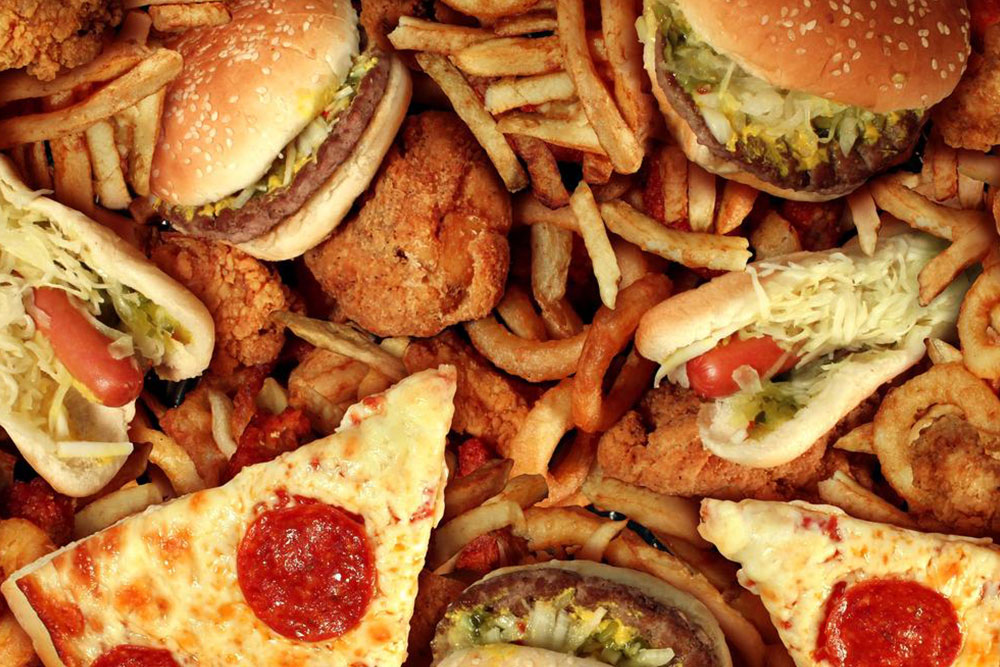Top 5 Foods That May Cause Migraines
Learn about five common foods known to trigger migraines, including caffeine, aged cheese, red wine, sweets, and processed meats. Understanding these triggers can help manage and prevent migraine episodes. Always consult a healthcare professional for personalized advice and treatment options to effectively control migraines.

Top 5 Foods That May Cause Migraines
Foods often don’t come with warnings about potential side effects like migraines. While allergy alerts are common, specific triggers for migraines are rarely noted on packaging. Despite ongoing research, pinpointing exact food causes remains challenging, as migraines often result from a combination of factors. Here, we explore five foods that could be linked to migraine episodes.
Caffeinated Beverages
Consuming coffee in the morning might boost alertness, but caffeine can cause blood vessels in the brain to constrict. When the effect wears off, vessels widen again, possibly triggering pain. Limiting daily caffeine intake may help prevent migraines.
Aged Cheeses
Sorry to break it to cheese lovers, but aged and fermented cheeses contain tyramine, which can provoke migraines. Tyramine prompts the brain's nerve cells to release norepinephrine, leading to headache episodes.
Red Wine
Even a glass of red wine at home can lead to a migraine. Grape skins carry histamine, and since red wine is made from grapes, it contains histamine levels that can trigger sensitivities and headaches, especially for those prone to migraines.
Sweet and Baked Goods
Your favorite desserts or bread might be culprits. These often contain tyramine from yeast fermentation, and when combined with dairy or wheat, the risk of migraines increases due to chemical reactions in the brain.
Processed Meats
Items like hot dogs, ham, and bacon contain nitrates and nitrites. These chemicals cause blood vessels to expand, which can lead to headache pain. Consuming processed meats in moderation might help reduce migraine episodes.
These are just some potential food triggers for migraines. Since individual reactions vary, consulting a healthcare professional is recommended to identify personal food sensitivities. Staying well-hydrated is also beneficial in managing migraines.










